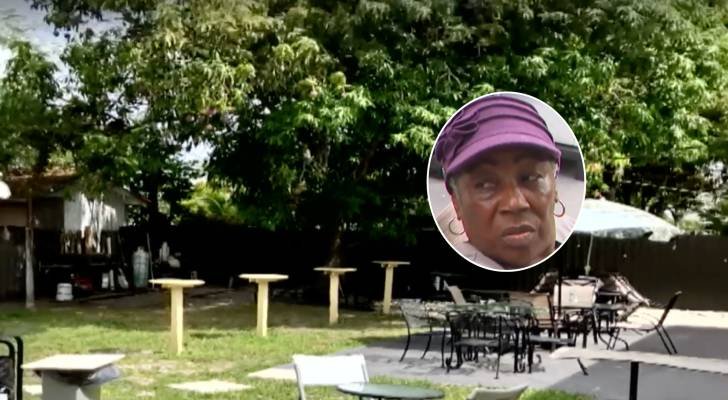Contents
A Quiet Transformation in a Suburban Neighborhood
It’s not unusual to hear some noise coming from a neighbor’s home. Maybe they’re hosting a birthday party or firing up the grill for a family barbecue. That’s just part of suburban life. However, what is happening on Northwest First Court in Miami Gardens is something entirely different.
On an otherwise peaceful residential street, one single-family home has transformed into what appears to be a takeout restaurant. Neighbors describe a constant flow of cars, with takeout containers being handed off like clockwork and a home that seems more kitchen than living space.
“There’s no drive-thru window, but the orders are flying out the door,” one neighbor, who asked not to be identified, told local news outlets. “It could be in the early morning, around this time. It could be at night. It’s constant.”
Those who spoke with local media asked to stay anonymous, but they described the same thing: a steady stream of customers picking up food. The house seems to operate as if it were a full-fledged business, even though it doesn’t have a formal setup.
Off the Books but on the Radar
To get a better sense of what’s going on, local reporters spent several hours outside the home and observed a constant flow of customers. One man, spotted walking around the side of the house, told reporters he wasn’t a customer — just a friend. Still, he admitted he was there to pick up food, listing off items like oxtail, rice and peas, as well as chicken. When asked if the house was operating as a restaurant, he denied it.
“No, it’s not a restaurant. It’s just a backyard,” he said, adding that the food was not free when pressed by reporters.
Starting a business or side hustle today isn’t easy. According to LendingTree, over 1 in 5 private sector businesses that launched in March 2023 had failed by March 2024. With inflation holding steady at 3.5% year over year, it’s no surprise some entrepreneurs are looking for ways to cut overhead costs — skipping storefronts altogether and finding more creative (and quiet) ways to keep the money coming in. Even if that means operating out of a backyard.
But just because it makes business sense doesn’t mean it sits well with the neighbors.
Cooking Up Trouble
With inflation squeezing household budgets, many Americans are turning to unconventional income streams — even if it means bending a few rules. Neighbors say the backyard setup includes propane tanks, industrial fans and cocktail tables — signs that this isn’t your average weekend cookout.
Behind the house, there’s reportedly a shed that’s been converted into a kitchen, suggesting a much larger operation than what’s legally allowed in a residential area. According to Florida’s Department of Agriculture and Consumer Services, running a food business from a private home is prohibited. This property has never passed a food safety inspection and isn’t licensed for commercial use — a red flag for both consumers and the neighborhood.
“If there is a fire, God forbid, my house is gone,” one neighbor said. “I’m very concerned. It is dangerous right now.”
Property records show the home belongs to Mardelle Gitters, a former restaurant owner whose Opa-locka business has since closed. While several neighbors claim they’ve reported the issue to city officials, Miami Gardens Assistant City Manager Tamara Wadley said there are no official complaints on file with police or code enforcement.
For now, the operation continues. But while side hustles can be a smart financial move, cutting corners on safety and legality can end up costing more than it’s worth.
The Broader Implications
This situation raises important questions about the balance between entrepreneurship and community safety. While many people are trying to make ends meet in a tough economic climate, the risks associated with unregulated operations can’t be ignored.
Residents are left wondering how such a large-scale operation can continue without any official complaints. It highlights the need for clearer regulations and more proactive measures from local authorities to ensure public safety and compliance with existing laws.
As the debate continues, one thing is clear: the line between a legitimate side hustle and an illegal operation is thin, and the consequences of crossing it can be severe.




